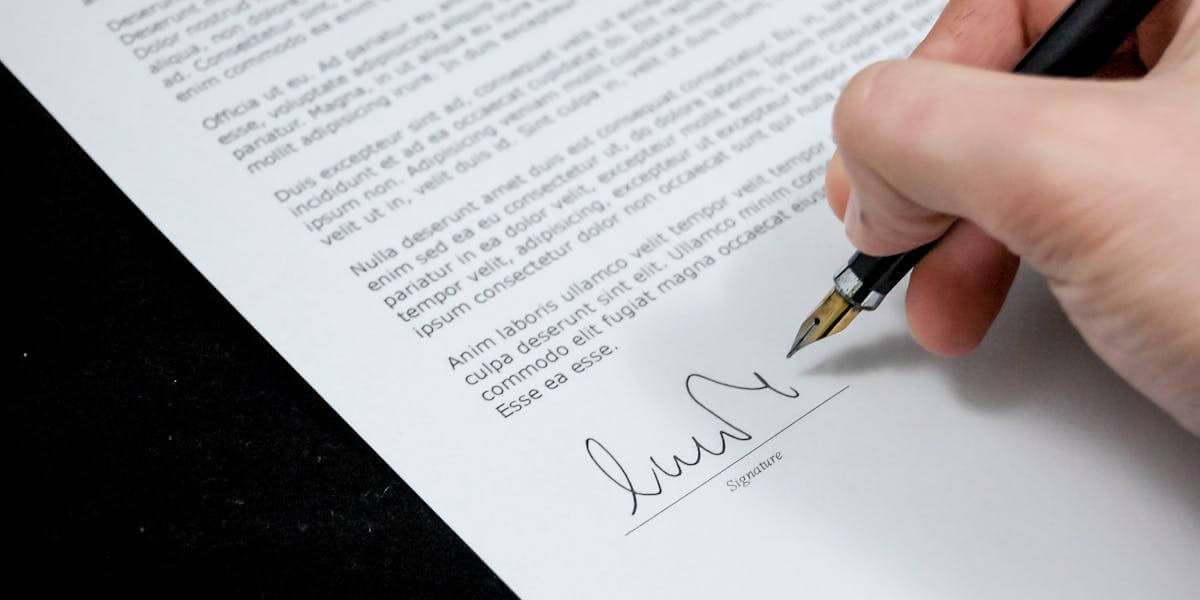Litigation is the process of resolving legal disputes through the court system, progressing through several distinct stages that guide a case from inception to resolution. By becoming better informed about the stages of litigation, you can better prepare for what lies ahead, both plaintiffs filing a complaint and defendants responding to legal action.
What are the main stages of litigation?
Understanding the stages of litigation can help demystify the process and prepare you for each step. Here are the main stages:
- Investigation: Both parties gather evidence to build their cases, which may involve document review, witness interviews, and hiring investigators.
- Pleadings: The plaintiff files a complaint outlining allegations and sought relief, and the defendant responds with an answer, addressing each claim and presenting any defenses or counterclaims.
- Discovery: Parties exchange information and evidence through depositions, interrogatories, and document requests, providing transparency and preventing surprises at trial.
- Pre-trial motions: Parties file motions to resolve specific issues before trial. For instance, a motion for summary judgment can be used to argue that there are no factual disputes requiring a trial.
- Trial: Both sides present their arguments, evidence, and witness testimonies before a judge or jury, aiming to prove their case.
- Verdict and post-trial motions: The judge or jury delivers a verdict. If dissatisfied, parties may file post-trial motions or appeals to challenge the outcome or address legal errors.
Ready to book your consultation? Click below to pay our consultation fee and book your meeting with an attorney today!
Is litigation the same as going to trial?
Litigation and trial are often conflated, but they are not synonymous. Litigation refers to the entire legal process of resolving disputes through the court system, including investigation, pleadings, discovery, pre-trial motions, trial, and post-trial motions. Litigation also encompasses alternative dispute resolution methods such as mediation and arbitration, which can help resolve disputes without proceeding to trial. These methods are often preferred for their efficiency and cost-effectiveness.
The trial stage is conditional within the broader litigation process and occurs only if the parties involved cannot resolve the dispute through alternative means or pre-trial motions. During a trial, both sides present their arguments, call witnesses, and submit evidence before a judge or jury. The trial culminates in a decision or verdict, where the judge or jury determines the outcome based on the evidence and arguments presented.
What makes litigation different?
Litigation distinguishes itself from other dispute resolution methods through its formal, structured approach and reliance on the judicial system. Unlike mediation or arbitration, which involve negotiating settlements with the help of neutral third parties, litigation involves court proceedings overseen by a judge and sometimes decided by a jury. This formal process ensures adherence to established legal procedures, providing a clear framework for presenting evidence and arguments.
A key feature of litigation is its public nature. Court proceedings and records are generally accessible to the public, promoting transparency and accountability, though it can also expose sensitive information. By contrast, mediation and arbitration are typically private, allowing for, at times, confidential resolutions.
Litigation also relies on the rule of law, with decisions based on legal precedents, statutes, and regulations. This provides consistency and predictability in outcomes, although the process can be lengthy and costly. Litigation also offers the possibility of appeal. If a party is dissatisfied with the court’s decision, they can seek a review and potential reversal from a higher court.
You can contact us 24 hours a day, 7 days a week via phone at 8885294543, by e-mail at info@tullylegal.com or by clicking the button below:
Why is litigation effective?
Litigation is effective due to its formal structure, adherence to legal standards, and the ability to seek resolution of disputes. The process is governed by established rules and procedures, providing a clear framework for presenting evidence and arguments. This structure helps prevent surprises and ensures that both parties are given the opportunity to fully prepare their cases.
Speak with a lawyer today
If you find yourself involved in litigation or need legal advice, consulting with an experienced Tully Rinckey attorney can make all the difference. A skilled attorney can guide you through the stages of litigation, protect your interests, and fight to get you the best possible outcome in your case. Call (888) 298-6630 or contact us online today for a consultation and get an advocate who will fight for your rights and help secure your career and your future.
Allen A. Shoikhetbrod is the Managing Partner of Tully Rinckey PLLC’s Albany office, where he assists in the day-to-day operations of the firm, as well as provides input on the firm’s long-term strategic vision. Allen is also the Practice Chair of the New York State Labor and Employment Practice, as well as a Team Leader for the Federal Employment Practice. He can be reached at info@tullylegal.com or 8885294543








